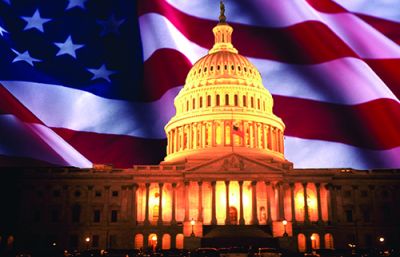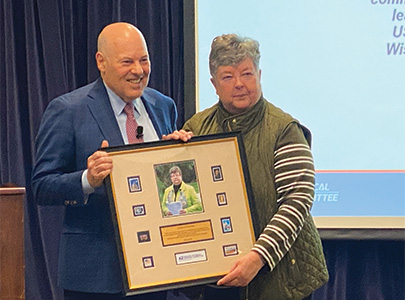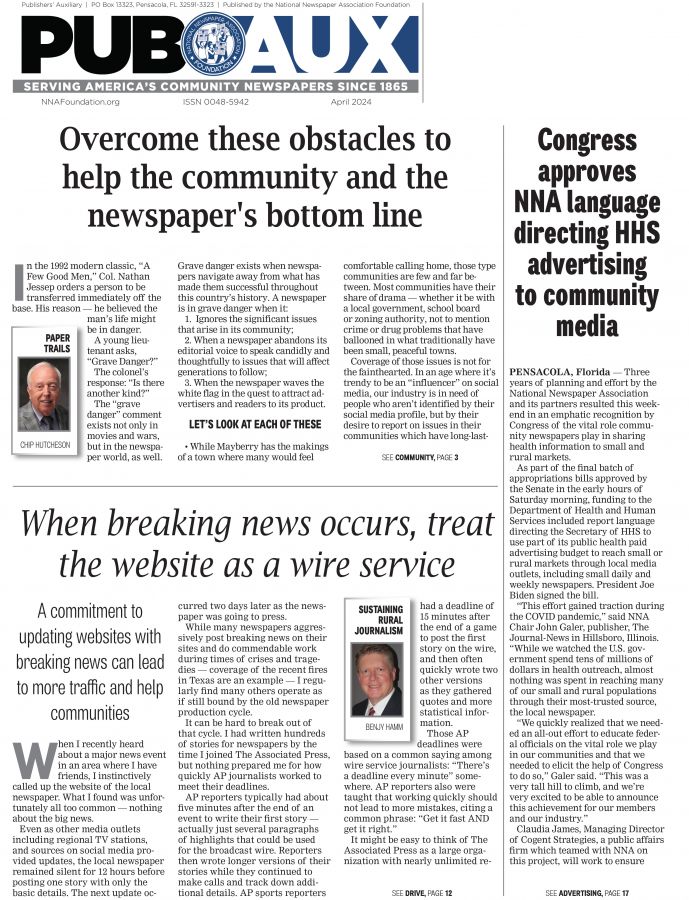You’re going to get arrested flying a drone, even legally
Aug 1, 2015
Whenever anyone says there’s two kinds of people in the world, you know right away that’s not really true and the person is either joking or full of it. I’ll leave it to you which one I am, but there’s two kinds of people in the world: People who accept the world as it is, and people who gnash their teeth about the world not being the way they want it to be.
By Matt Waite
University of Nebraska
Whenever anyone says there’s two kinds of people in the world, you know right away that’s not really true and the person is either joking or full of it. I’ll leave it to you which one I am, but there’s two kinds of people in the world: People who accept the world as it is, and people who gnash their teeth about the world not being the way they want it to be.
Here’s the world as it is: People are uncomfortable with flying robots with cameras. When people get skittish, they call the cops. Cops are not aviation regulation experts. When given a situation where it’s clear something is going on but if it’s legal or not isn’t clear, there’s a certain percentage of cops who will arrest now and figure it out at the station.
Don’t believe me? Ask Al Jazeera. Or the BBC. Or Eddie Mitchell. Think you’re in the clear because those three examples were in Europe? The FAA has asked local police to be drone cops. The amount of training given to local police to understand what’s a problem and what’s not? Zip. What could possibly go wrong?
As I told WAN-IFRA recently with regards to the Al Jazeera arrest, journalists are going to have to understand that for the near future, flying a drone is going to be seen as a provocative act. Given the size of the device, we aren’t going to be able to plaster media on the side of it to tell people who it is and give some hint to what it’s doing. And, as I said, people are unnerved a bit by a flying robot with a camera. So you should just expect someone to call law enforcement.
So what can we do?
• We can advocate for some kind of document from a civil aviation authority that says yes, I can do this and I’m authorized. We need to advocate for that document to be recognizable by law enforcement.
• We need to advocate, on the local level, for training for police officers to understand what’s going on and what the rules are. And, we need to advocate for training police officers to not do what London police did to Eddie Mitchell. Grabbing the controls from someone while it’s in the air is a terrible idea. That it ended without incident in Mitchell’s case is pure luck. Should journalists comply with a lawful order and land? I think so. The time to argue about if you’re complying with aviation regulations is not with a drone in the air. Ideally, though, you won’t have to have that argument at all if you can get local law enforcement training on what you are doing.
• We can clearly identify ourselves on the ground. A while back, the Professional Society of Drone Journalists made bright vests a fundraiser. That’s a great idea. Even a sign that says “Relax, we’re with the media!” or something more official sounding that you could stick in the ground would help. I’ve found when I’m out flying around a park—as a hobbyist, mind you—that people are genuinely curious about what you’re doing. And when you tell them, they think it’s really cool. Some kind of means to clearly identify yourself as the pilot and what you’re up to would do a lot in most situations. Of course there are times when you won’t want to do that, but those are in the minority.
The closer we get to rules that let us do things, the more these issues are going to come up. They are very practical, and very real. © Matt Waite 2015
This article originally appeared in the Drone Journalism e-mail newsletter. Reprinted with permission. Waite will be speaking about the future uses of drones and journalism at NNA’s convention in St. Charles, MO, this October.














